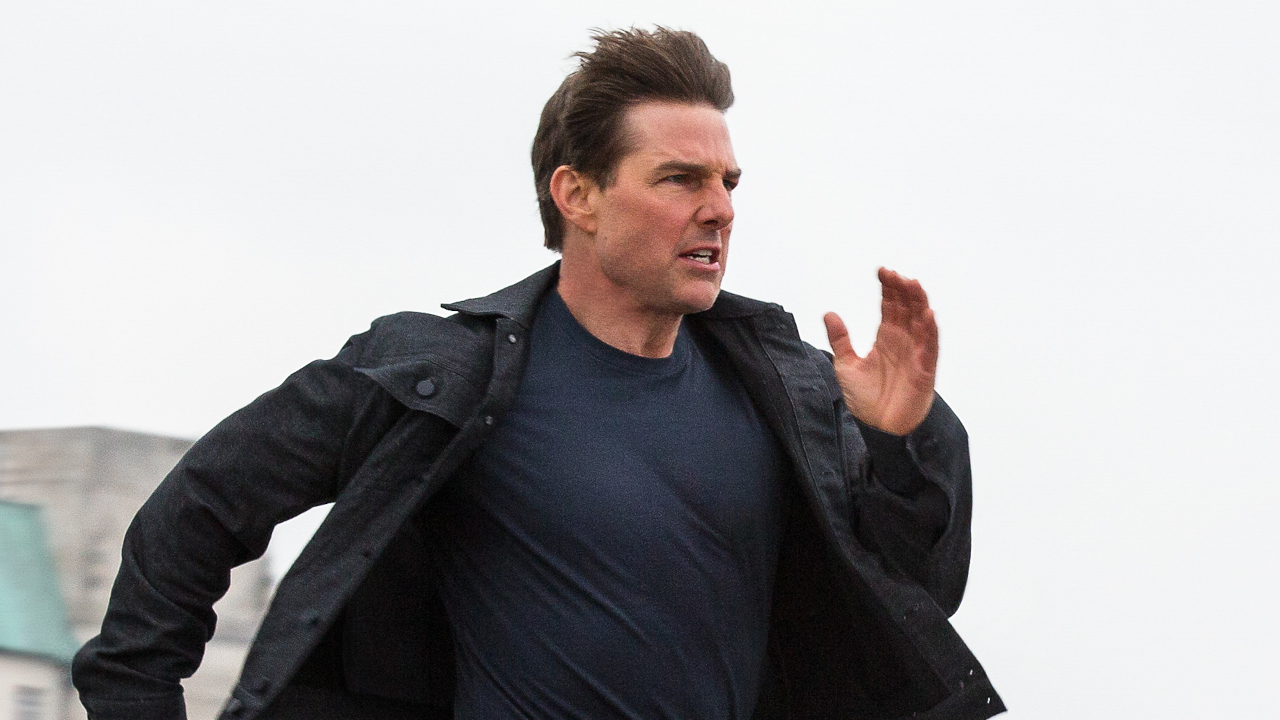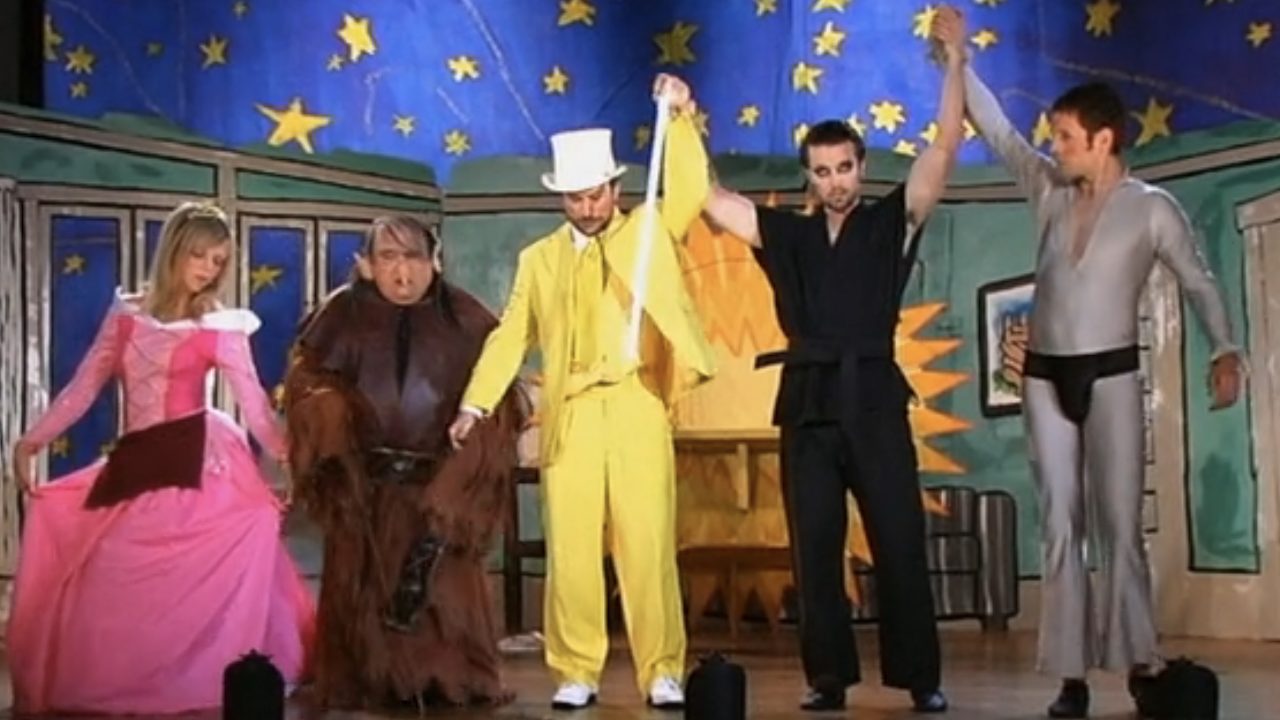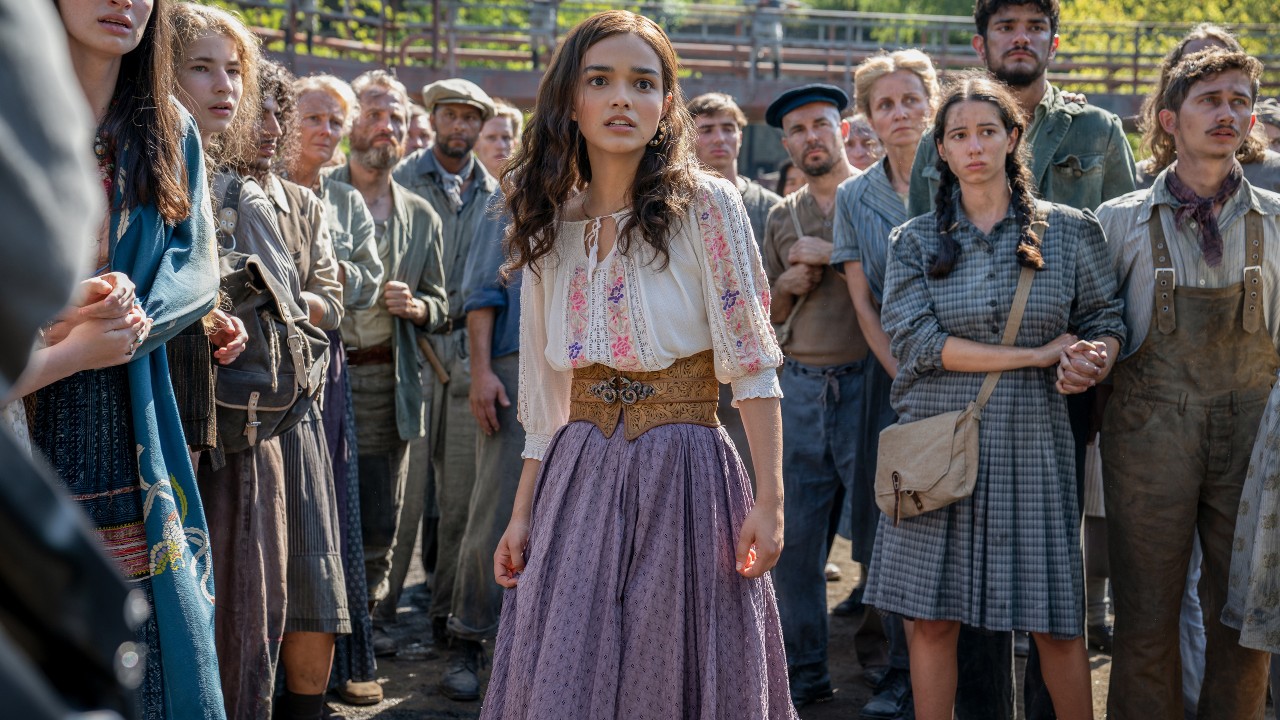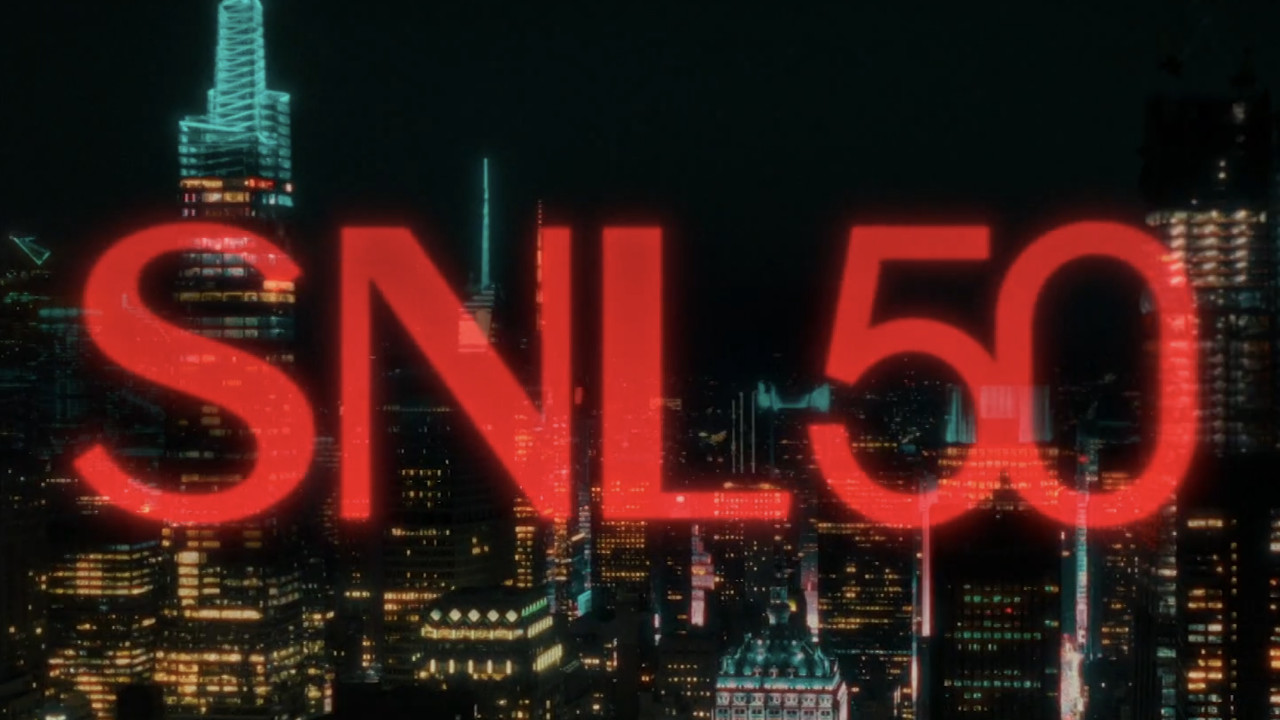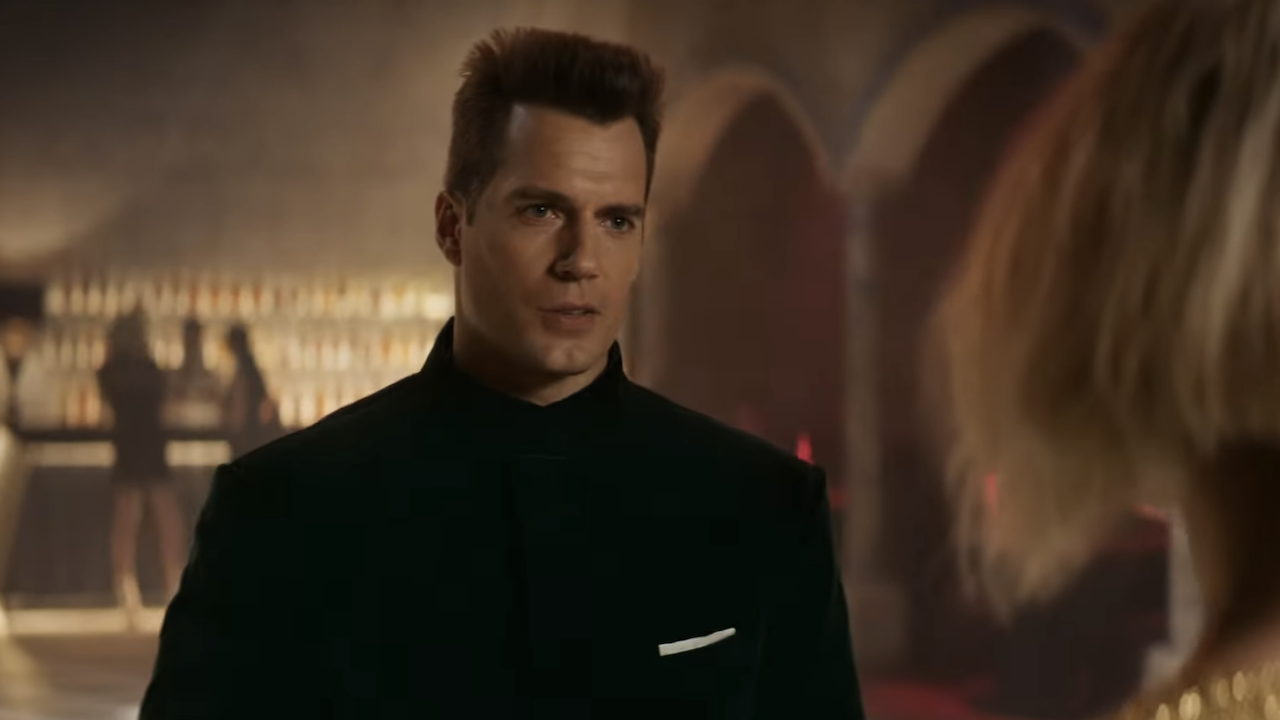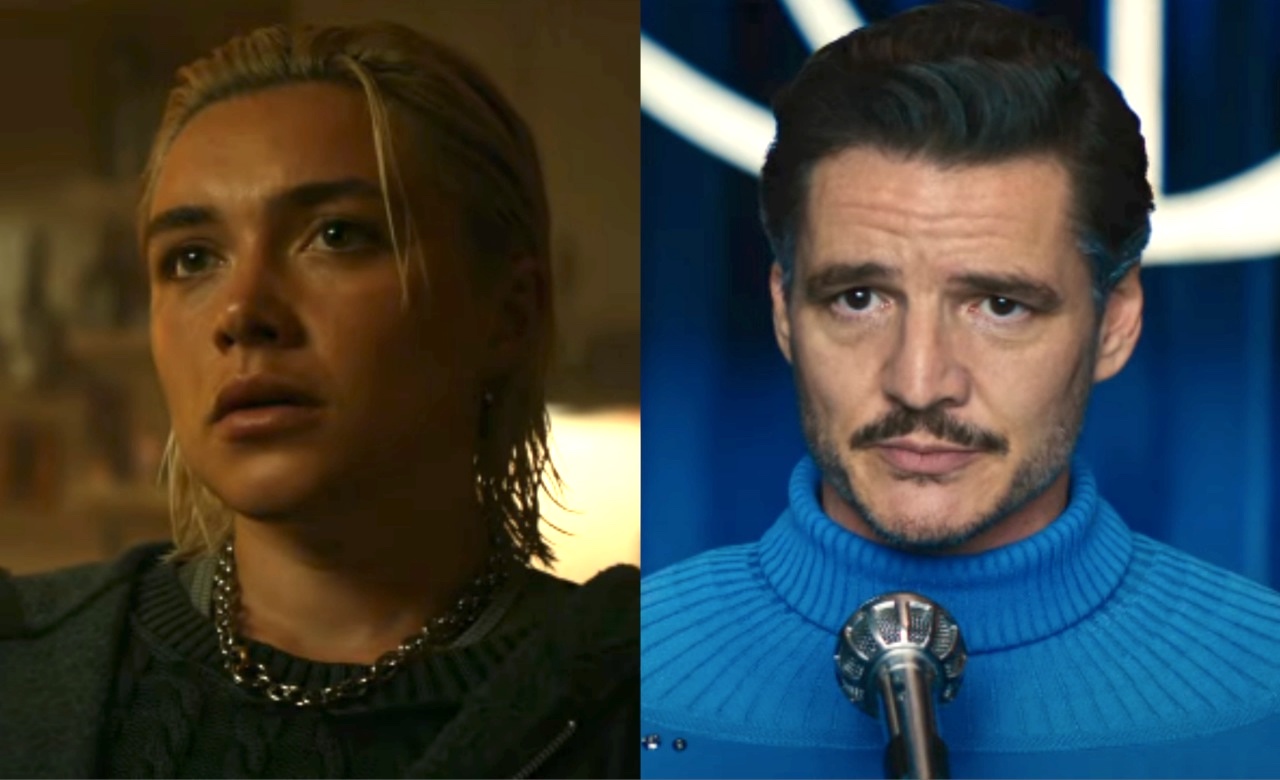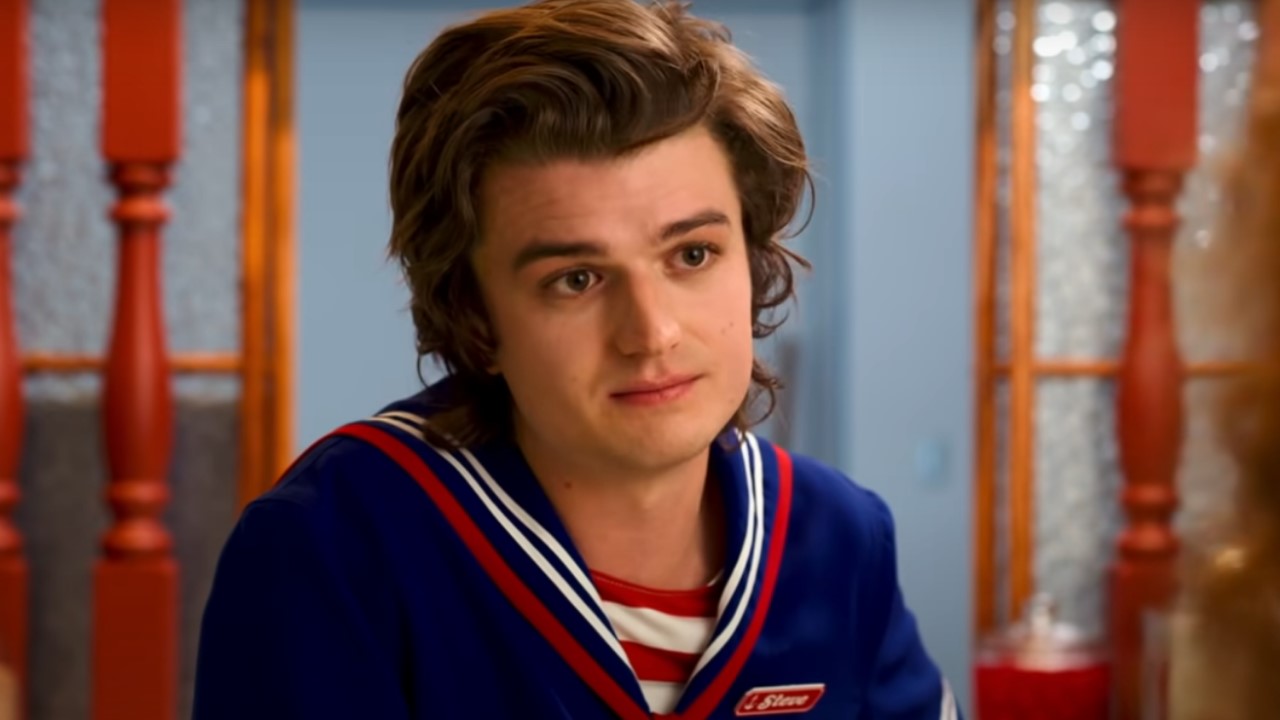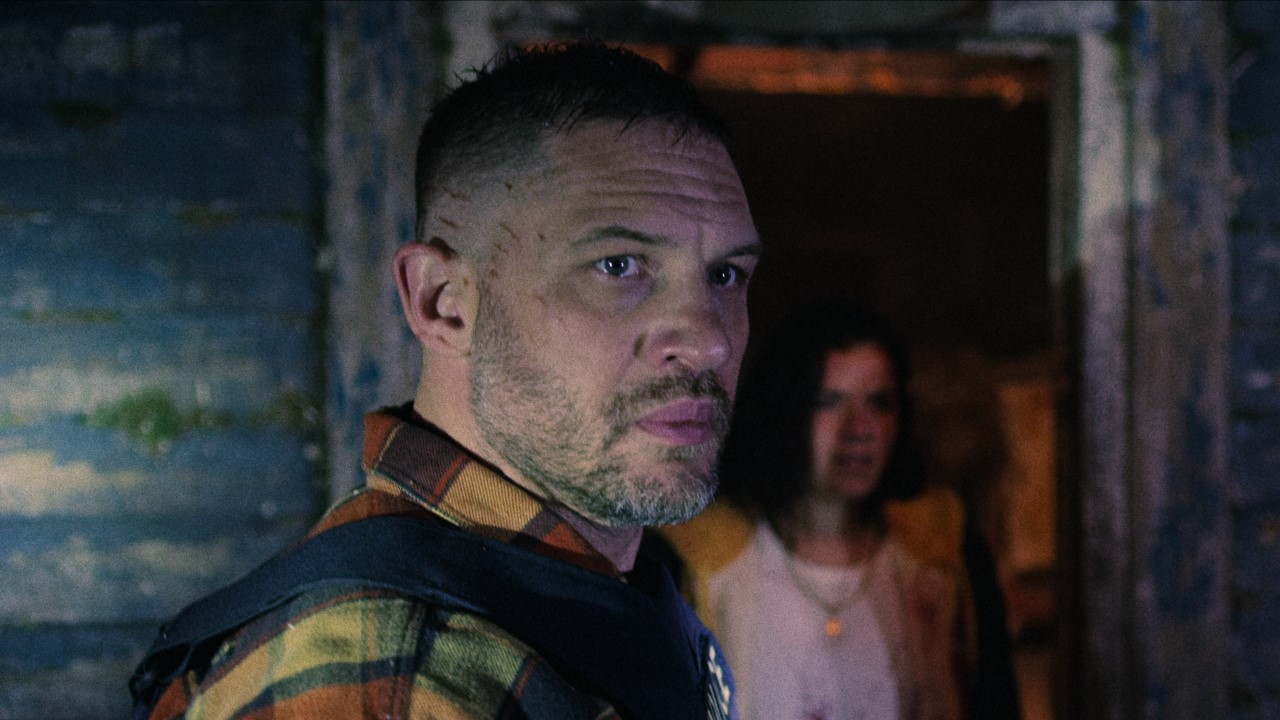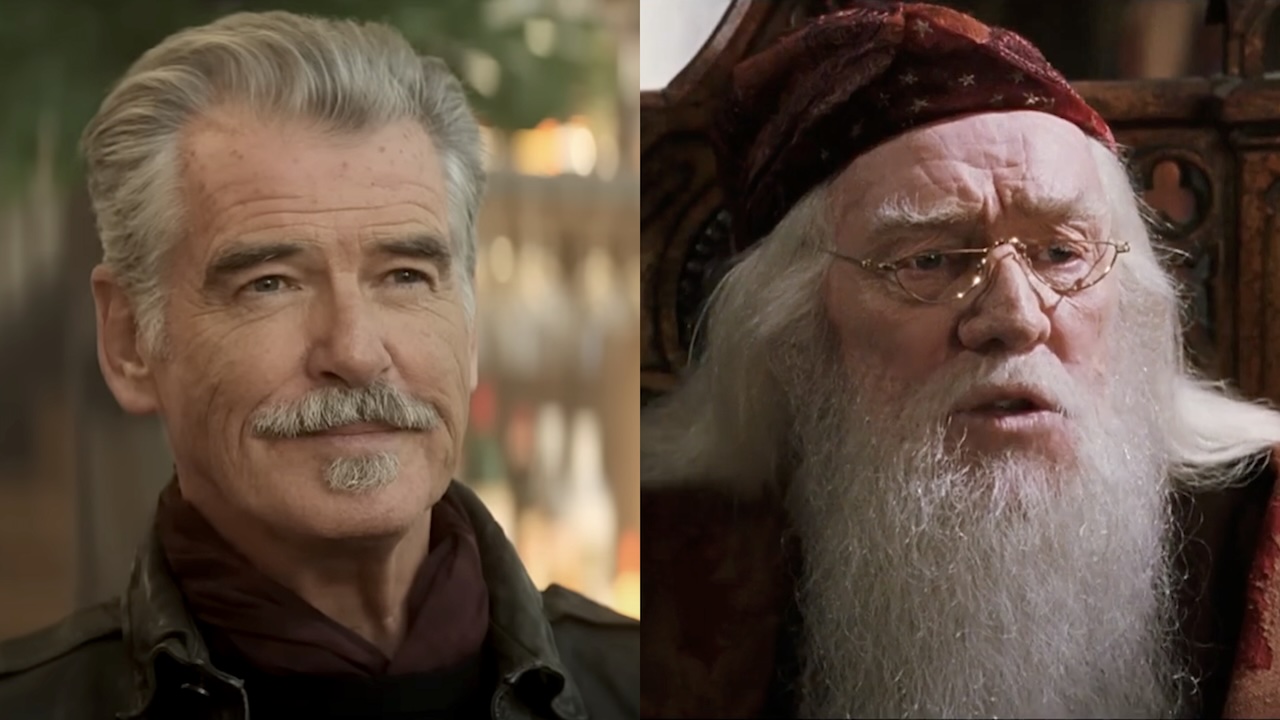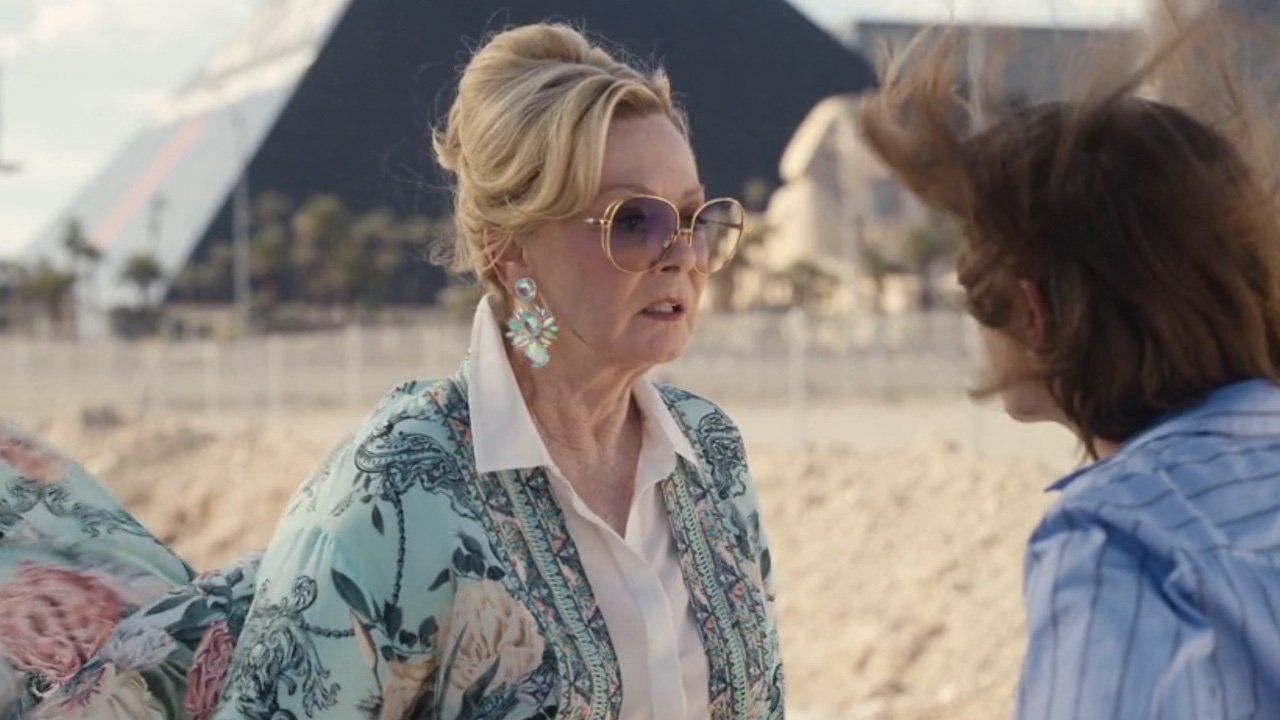5 Ways Marvel Can Continue To Up The Stakes After Civil War
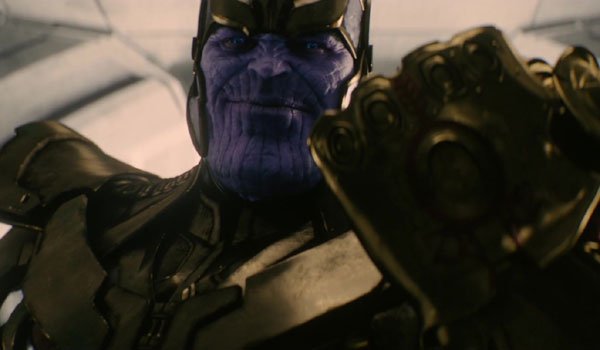
SPOILER ALERT: The following article contains spoilers for Captain America: Civil War. If you have not yet seen the film, and don’t wish to know about any specific details going in, we recommend clicking away to another one of our wonderful articles.
Even compared to both Avengers movies, Joe and Anthony Russo’s Captain America: Civil War is arguably the biggest film to date from Marvel Studios. It not only features almost every key lead character within the cinematic universe, but it also features some of the most significant consequences for the heroes that we’ve seen so far. The stakes have never been higher in the franchise… but there are certainly ways they can get even bigger in the years to come.
With nine movies set to come out over the next three years, and god-knows how many after that, how can things continue to escalate in the Marvel Cinematic Universe? Certainly the folks at Marvel Studios are currently figuring out the answer to that question themselves, but we have a few ideas of our own to share in that department.
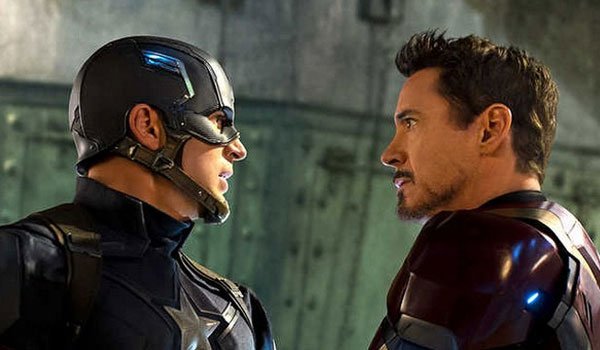
Never Fully Heal The Rift Between The Avengers
The ending of Captain America: Civil War leaves the greatest heroes of the Marvel Cinematic Universe in a pretty dark place. Rather than having all of their problems solved by the time the end credits start to roll, instead there are still some seriously important ideological differences that divide the various members of the Avengers – not to mention the fact that Tony Stark still has some pretty serious beef about the fact that Captain America’s best friend killed his parents. Obviously they’ll have to deal with these issues in a couple years when Thanos rolls around and begins threatening all of existence, but what the franchise should never do is completely heal the rift that has grown between the characters.
Captain America: Civil War does such a great job presenting arguments from both Team Cap and Team Iron Man that having all of the heroes just abandon their stances wouldn’t make sense. While they can (and will) fight together for the greater good and the protection of Earth/the universe/all of reality, there also should be the understanding that they’re not going to see eye to eye on every move. A big part of what makes Joe and Anthony Russo’s movie so effective is the fact that the emotions felt by all of the characters feel earned and valid, and having underlying conflict between all of the leads will only heighten the stakes when it comes time for them to work together again.
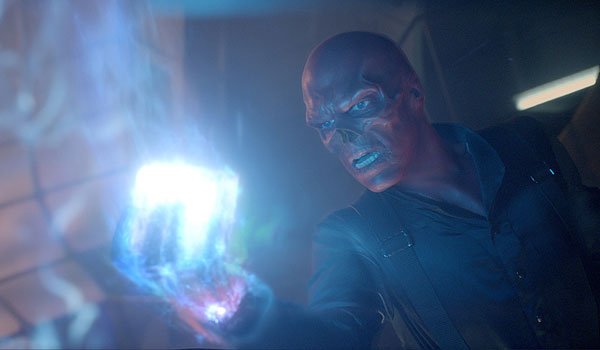
Have More Villains Return
CINEMABLEND NEWSLETTER
Your Daily Blend of Entertainment News
Tom Hiddleston’s performance deserves a lot of credit for making Loki the greatest villain we’ve seen so far in the Marvel Cinematic Universe, but there is another key reason why he’s such an amazing presence in The Avengers: the events of Thor did a great job setting up his character and motivations, so when he came back he was a real established threat and a significant presence. Unfortunately, he’s the only villain who has been the primary antagonist in more than one movie, but by changing that up in the future, Marvel could really strengthen what has proven to be the franchise’s greatest weakness to this point.
It’s true that Whiplash, Malekith, Ronan and Ultron have all been destroyed, but the idea of bringing back baddies like Red Skull, The Abomination, Helmut Zemo, Yellow Jacket and more could not only provide the opportunity for further development, but also generate serious emotions within the heroes. Can you imagine how shocked and terrified Captain America would be to see the return of Johann Schmidt decades after the deformed Hydra leader was transported to another edge of the galaxy? Along similar lines, we’re hoping that Thanos gets to play a big role in a Marvel Studios film before The Avengers: Infinity War, if not only to establish him as more than just a giant purple alien on a throne before he starts collecting Infinity Stones.
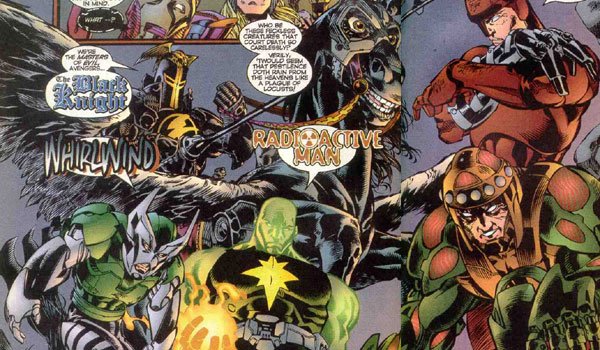
A Supervillain Team-Up
Being able to unite heroes from across different series has been the greatest strength of the Marvel Cinematic Universe to date, as it’s now been shown multiple times that audiences really love to see all of their favorite superheroes come together in one big, epic blockbuster. What Marvel has yet to capitalize on, however, is the other side of that coin, and the idea of having previously established and/or new villains join forces to cause all kinds of trouble for the good guys of the comic book movie world.
DC Comics is admittedly beating Marvel to the punch by grouping supervillains together in the upcoming Suicide Squad, but while that movie has characters like Harley Quinn and Deadshot acting as protagonists in their own story, there is a tremendous opportunity for one or many upcoming Marvel Studios titles to batch together baddies as an overwhelming force. From the Masters of Evil to the Sinister Six to the Dark Avengers, there is plenty of history in the comics to use for inspiration in this area, and creating a powerful live-action supervillain team could really lend an upcoming project with high stakes that make us question whether or not the heroes can actually win. This is an idea that could work for either solo movies or the "event" films, and hopefully we’ll get to see it sooner rather than later.
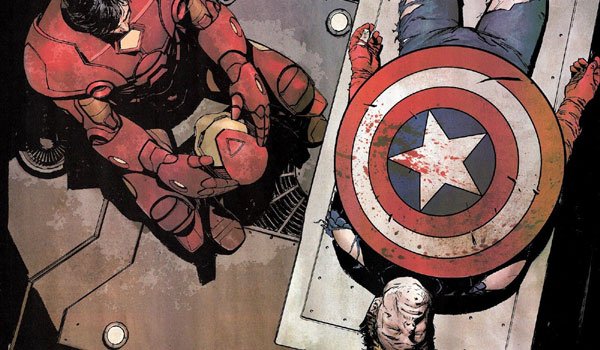
Fully Commit To Killing An Established Hero
While there are some fans who have taken issue with the fact that Captain America: Civil War didn’t feature the death of any major characters, the reason for why it didn’t happen is pretty damn solid: the studio and filmmakers know that they want to keep certain individuals around for future adventures, and don’t want to kill them off and then betray the audiences’ trust by resurrecting them in a few years’ time. This is completely logical, but if Marvel doesn’t want audiences to become complacent and begin to feel that the heroes are immortal, they will eventually have to kill off a major player.
To date, the most significant permanent death in the Marvel Cinematic Universe is Quicksilver’s in The Avengers: Age of Ultron, but that was a hero who didn’t make it through his first complete film. We’re talking about killing off someone on the level of Captain America, Iron Man and Thor. This would understandably be an incredibly hard decision to make for the people at Marvel, as something that permanent would create significant creative challenges for the future, but the move would have the benefit of potentially being incredibly emotional (especially if its properly earned), and would show the audience that they shouldn’t just get comfortable and expect everything to work out peachy keen at the end of each new story.
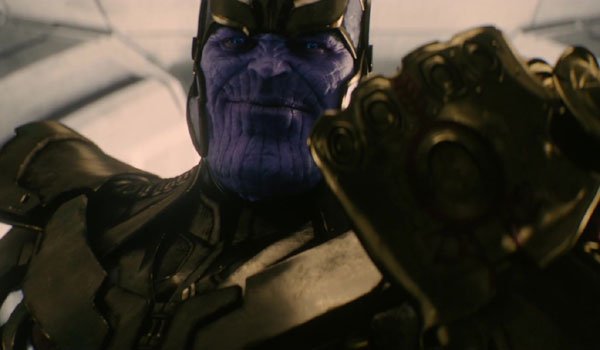
Establish A Fate Worse Than Death
Bridging from the last point, killing off a lead character could be a very emotional moment for fans, but at the same time it could be simultaneously something positive – especially if the death comes as a result of a great sacrifice or ends some kind of deep pain. Sure, it would complete a beloved hero’s story, but it could also offer some degree of peace. So how do you up the stakes from there? By establishing that there are fates far worse than death.
This is an area where science-fiction and fantasy really come into play, as the genres can lend to all kinds of terrifying situations that would have protagonists begging for death as an alternative. For example, what if one of the Avengers found him or herself trapped in an eternal time loop that has them consciously repeating the same devastating events over and over again without any ability to fix things? Or what if they accidentally got trapped in a hellish, torturous alternate dimension with no way to return home? As things stand, the potential for these kinds of situations exist within the Marvel Cinematic Universe, but have not yet been explored. If the filmmakers were to start looking in these directions for their characters, it could really have an impressive effect on the stakes of the fictional world, and therefore get audiences to care even more that the heroes make it out safely in the end.

Eric Eisenberg is the Assistant Managing Editor at CinemaBlend. After graduating Boston University and earning a bachelor’s degree in journalism, he took a part-time job as a staff writer for CinemaBlend, and after six months was offered the opportunity to move to Los Angeles and take on a newly created West Coast Editor position. Over a decade later, he's continuing to advance his interests and expertise. In addition to conducting filmmaker interviews and contributing to the news and feature content of the site, Eric also oversees the Movie Reviews section, writes the the weekend box office report (published Sundays), and is the site's resident Stephen King expert. He has two King-related columns.
Hacks Went Back To Vegas, And It Made Me Miss The Old Seasons For One Big Reason
Tom Cruise's Running Style In The Mission: Impossible Films Is Iconic, And Apparently, It's Connected To One Of His Outsiders Co-Stars
Somebody Actually Used It’s Always Sunny In Philadelphia’s Musical To Propose, And It’s Weirdly Sweet
